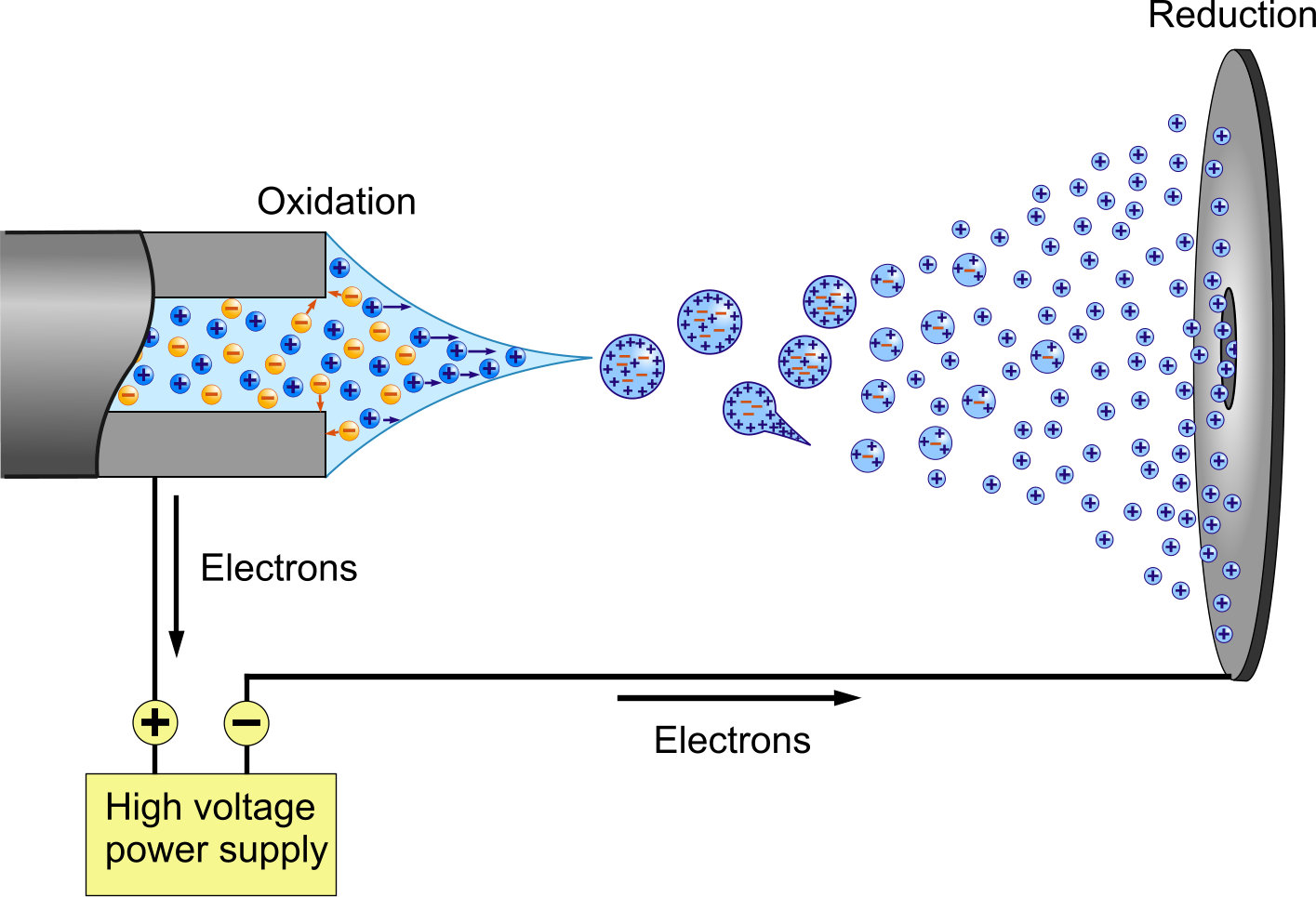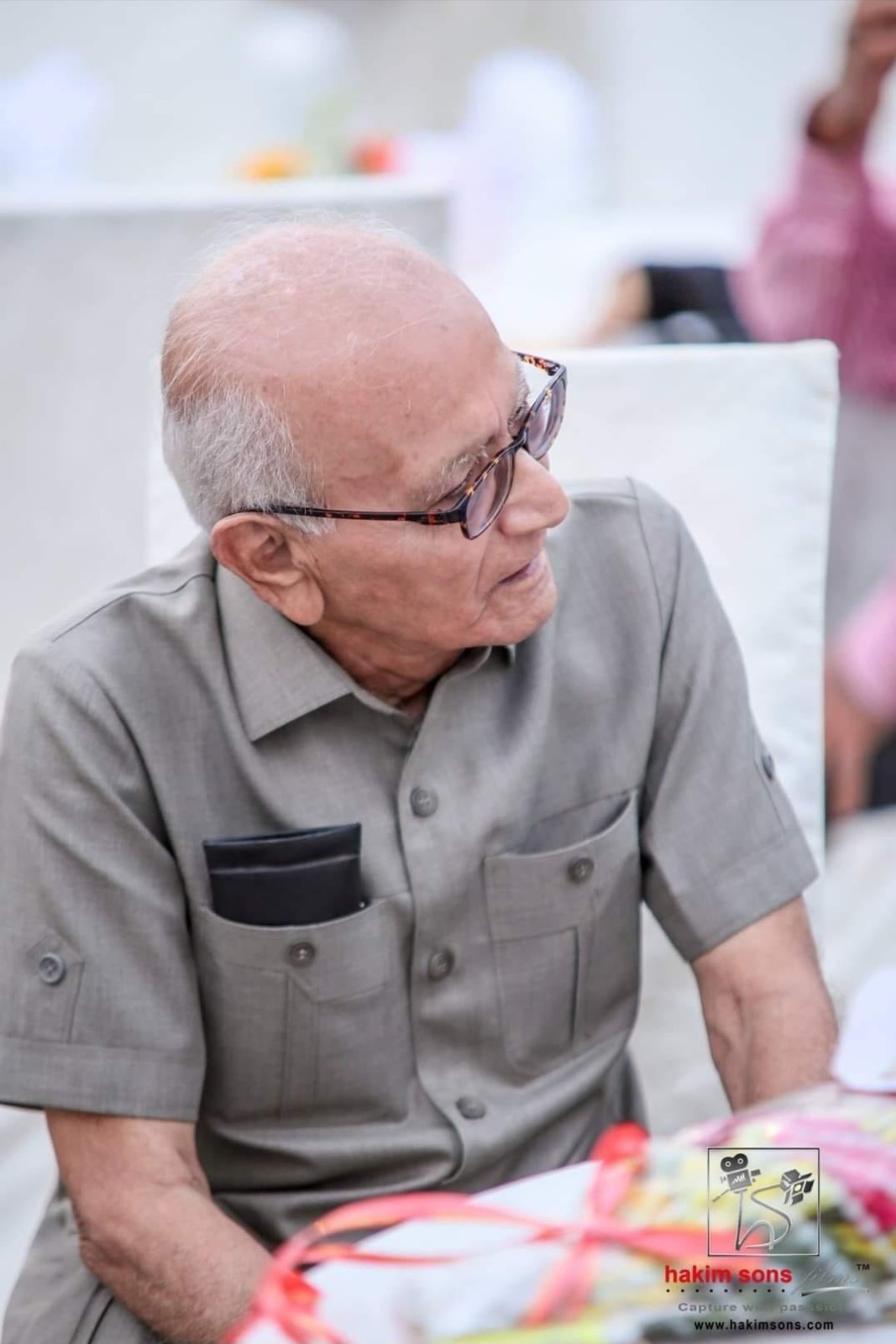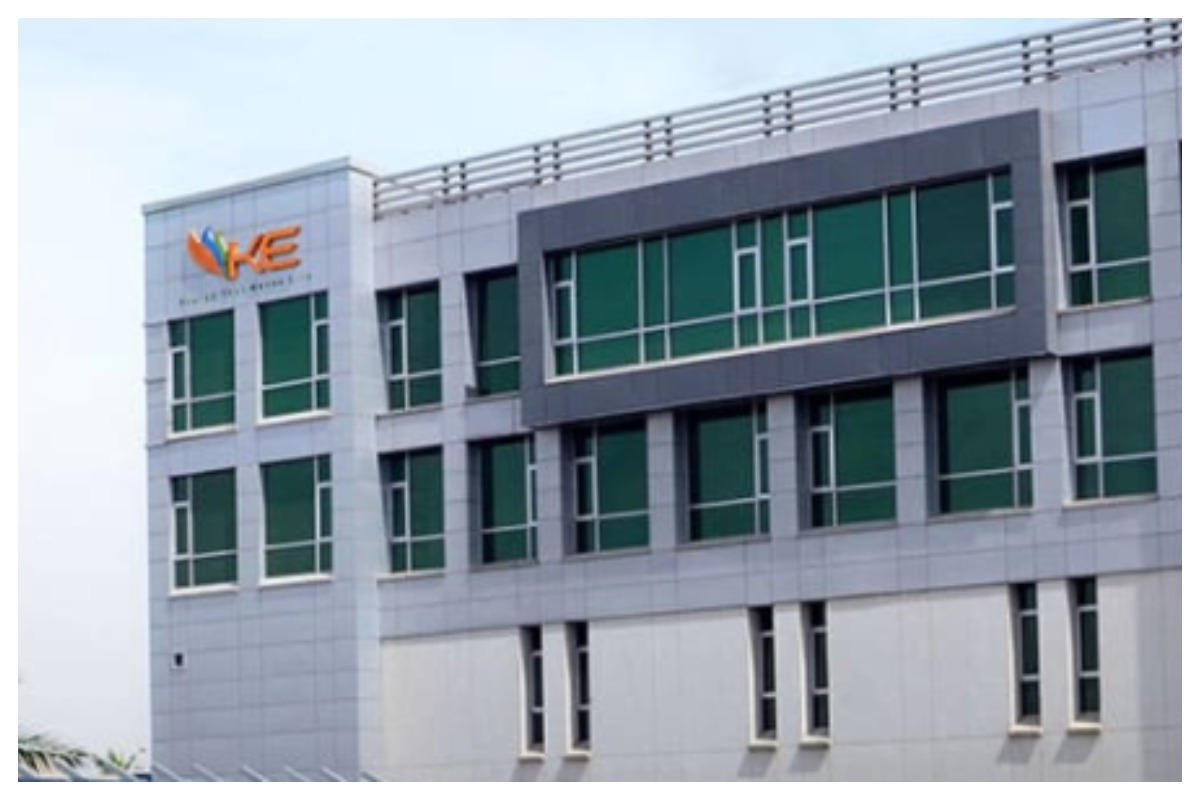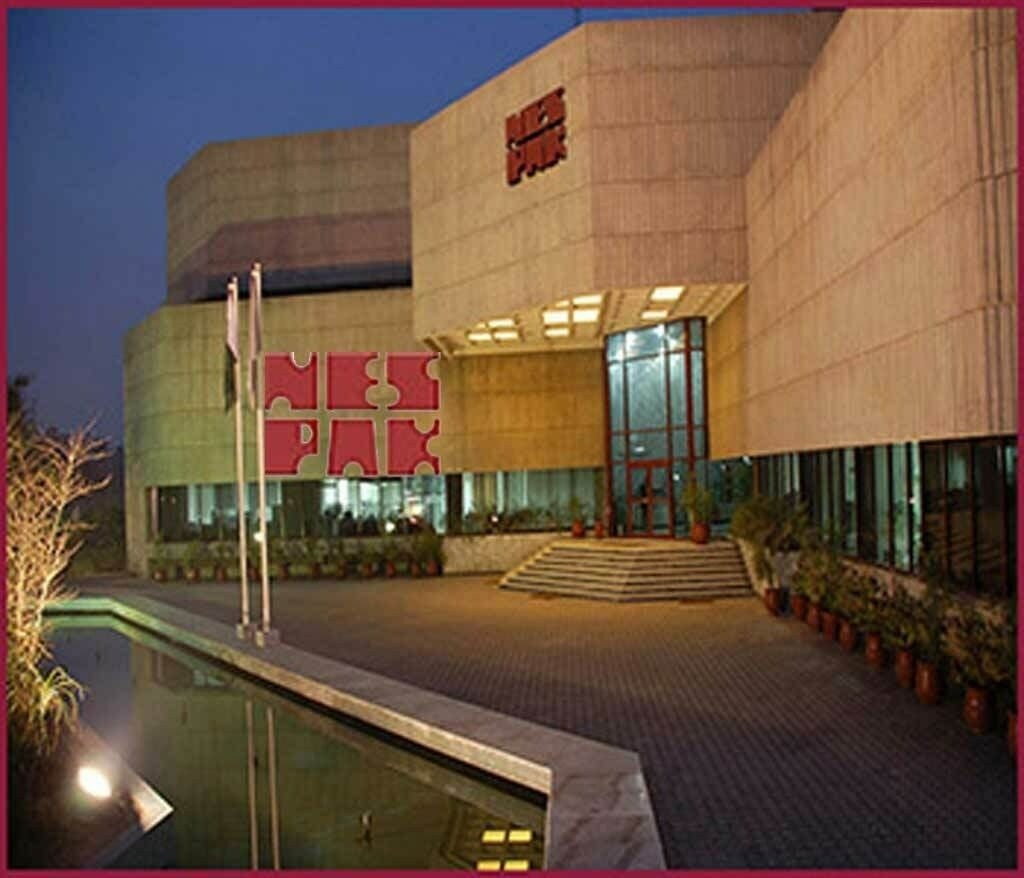Engr. Najeeb resolves to contest for second term, expects allies’ support Contesting for the last time; Oldies should leave space for younger lot, PEC Chairman PEC advices former chairmen bracing for polls
Chairman Pakistan Engineering Council (PEC) Engr. Muhammad Najeeb Haroon is determined to contest PEC Elections 2024 for the second term […]





